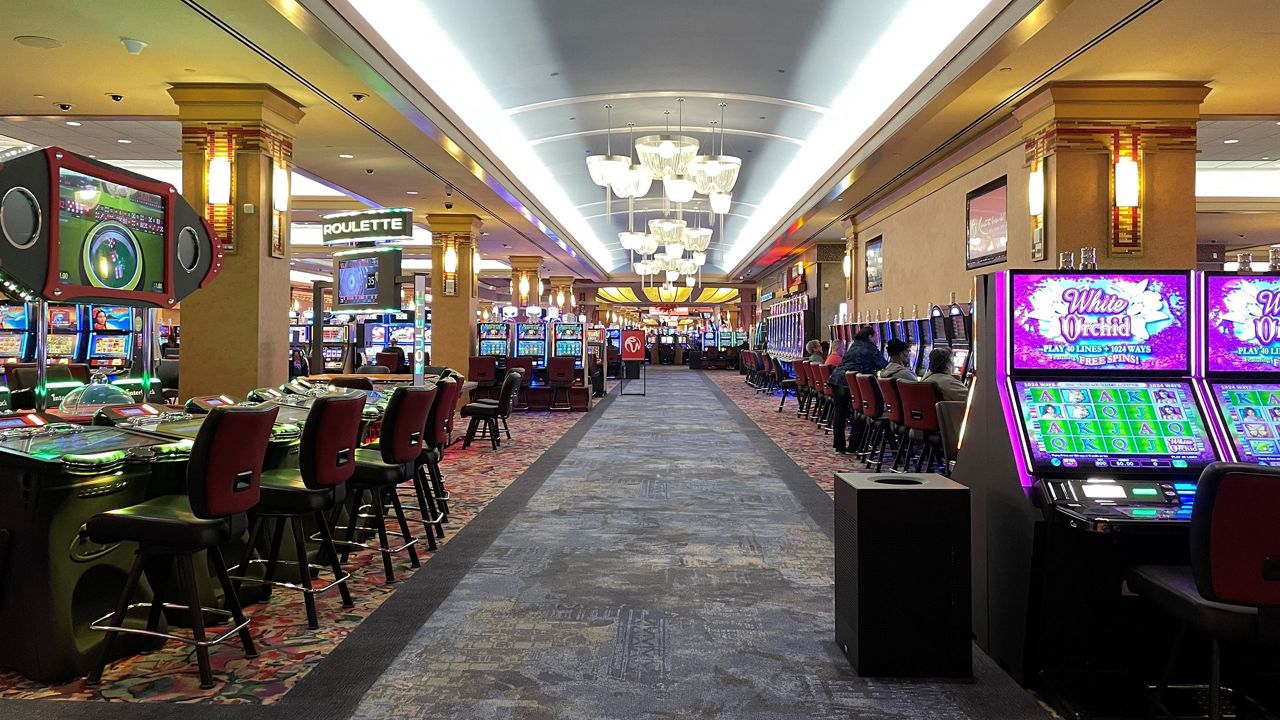Casino games have long captured the imagination of people around the world, becoming an integral part of both leisure and tradition. From the glimmering lights of Nevada to the captivating experience of internet gambling, these games evoke thrill, uncertainty, and sometimes even a sense of sentimentality. They are more than just hobbies; they have woven themselves into the texture of society, influencing various aspects from cinema and songs to style and books.
The allure of casino games transcends the wagering aspect, tapping into broader themes of fortune, chance, and human behavior. As players assemble around a gaming table or spin the wheel of fortune, they engage in an ancient ritual that echoes with our communal desire for excitement and unpredictability. This fascination has led to the emergence of many references in movies, songs, and video games, showcasing how deeply entrenched these pastimes are in popular culture. Whether it is the intense drama of a classic caper or the colorful nightlife portrayed in recordings, casino games have created a substantial niche that reflects our relationship with risk and reward.
Cultural Significance of Casino Games
Casino games have played a key role in social aspects throughout the ages. Stemming from ancient societies, games of chance were often linked to rituals or gatherings. For example, early iterations of gambling can be traced back to ancient China and the Romans, where dice games and betting on outcomes were common pastimes. These activities not only served as entertainment but also as methods of social interaction, facilitating connections among people within communities.
As cultures evolved, so did the sophistication and structure of gambling games. The establishment of formal casinos in the 17th century, particularly in Italy, marked a major shift in how games were viewed and organized. With designated spaces for gaming, the casino became a community center where people from different backgrounds convened. This evolution contributed to the legitimization of the industry, transforming it from a mere pastime into an established industry that shaped the economy and regulations.
The impact of casino activities on popular culture cannot be understated. https://j88dd.com/ As they were brought into the limelight in books and movies, games such as Texas Hold’em and blackjack became icons of risk, chance, and strategy. Famous figures and stories have emerged around these games, reflecting societal views towards luck, prosperity, and immorality. This interest with casino games has infiltrated various forms of media, cementing their status in the collective consciousness and connecting them to broader cultural stories throughout history.
Depiction of Casino Games in Entertainment
Casino games have long been a popular subject in different types of entertainment, reflecting both the excitement and nuances of gambling culture. Movies such as Ocean’s 11 and Casino Royale portray individuals who navigate intense situations, showcasing not only the allure of the gambling environment but also the strategies and decisions that come with playing popular games like Texas Hold’em and blackjack. These movies often dramatize the excitement of winning and the potential repercussions of losing, encapsulating the perils involved in gambling.
Television shows have also explored the universe of gambling activities, often integrating them into the narrative as a backdrop for character arcs and conflict. Series like Las Vegas depict the experiences of casino workers and patrons, highlighting the vibrant, often disorderly energy of the casino floor. Docuseries featuring high-stakes betting contests further emphasize the attraction of gambling activities, drawing viewers into the tension and tactics involved in each round. Through these depictions, media not only amuses but also prompts conversations about luck, expertise, and the essence of chance.
Video games have increasingly incorporated gambling activities into their development, allowing players to recreate the feeling of betting without financial risk. Games within the realm of online gaming often include online slot machines, poker, and other casino favorites, creating an interactive experience that mirrors actual casino experiences. These virtual portrayals make gambling activities accessible to a broad demographic, appealing to both gamblers and those who enjoy the excitement of simulation. As a outcome, the portrayal of gambling activities in entertainment continues to shape cultural attitudes and importance, highlighting their place in entertainment and the cultural landscape.
Effect of Gambling Activities on Communities
Casino games have a meaningful effect on society, influencing multiple facets of societal norms and interpersonal behavior. They often serve as a venue for social interaction, where people come together to enjoy a common activity. Game nights with friends or trips to casinos become social activities that build connections and create memories. This communal aspect enhances the fun value of gambling activities, making them a popular choice for celebrations and recreational pursuits.
Additionally, casino games have been portrayed in countless films, television shows, and written works, influencing views and opinions towards gambling and betting. Icons like James Bond playing baccarat or the high-stakes poker scenes in films have cemented these games in the collective imagination. This depiction often glamorizes the lifestyle associated with gambling, drawing in new players and impacting trends in both style and behavior. These portrayals can ignite curiosity and lead to a deeper exploration of the nuances of gaming.
Nonetheless, there are also adverse implications linked to the widespread appeal of gambling activities. The allure of quick monetary gain can lead to gambling addiction and financial troubles for some individuals. Society must contend with these issues, advocating for responsible gambling and awareness of the risks involved. Finding a balance between the entertainment value of casino games with the potential for harm is vital to ensure that they remain a positive aspect of our societal fabric.
